Jaythan Kendrick Exonerated after 25 Years in Prison for 1994 Queens Murder
The judge vacated his murder conviction based on newly discovered DNA evidence and newly discovered witnesses.
11.19.20 By Innocence Staff
The wrongful conviction, plagued with racial profiling and highly suggestive eyewitness identification procedures, was vacated based on newly discovered DNA evidence
(Queens, New York – November 19, 2020) Today, Jaythan Kendrick walked free after 25 years of wrongful conviction for a murder in Queens, New York. Judge Joseph Zayas vacated his 1995 murder conviction based on newly discovered DNA evidence and newly discovered witnesses that support Mr. Kendrick’s long-standing claim of innocence.
Mr. Kendrick was arrested for the murder of a 70-year old woman who was stabbed during a robbery while walking through the Ravenswood Houses in Queens in November 1994. At trial, the prosecution’s primary evidence was testimony from two witnesses — a 10-year-old boy who saw the crime from his third-floor apartment over 100 feet away, and a man who initially claimed he had not seen the suspect but later changed his statement to corroborate law enforcement’s theory that Mr. Kendrick was the assailant. No physical evidence linked Mr. Kendrick to the crime.
Mr. Kendrick is represented by Susan Friedman and Vanessa Potkin of the Innocence Project; Ross Firsenbaum, Charles Bridge and Brett Atanasio of WilmerHale; and Janet Carter. Over the past eight months, the Innocence Project and WilmerHale worked collaboratively with the Queens District Attorney’s Office in the reinvestigation of Mr. Kendrick’s case, resulting in his exoneration today.
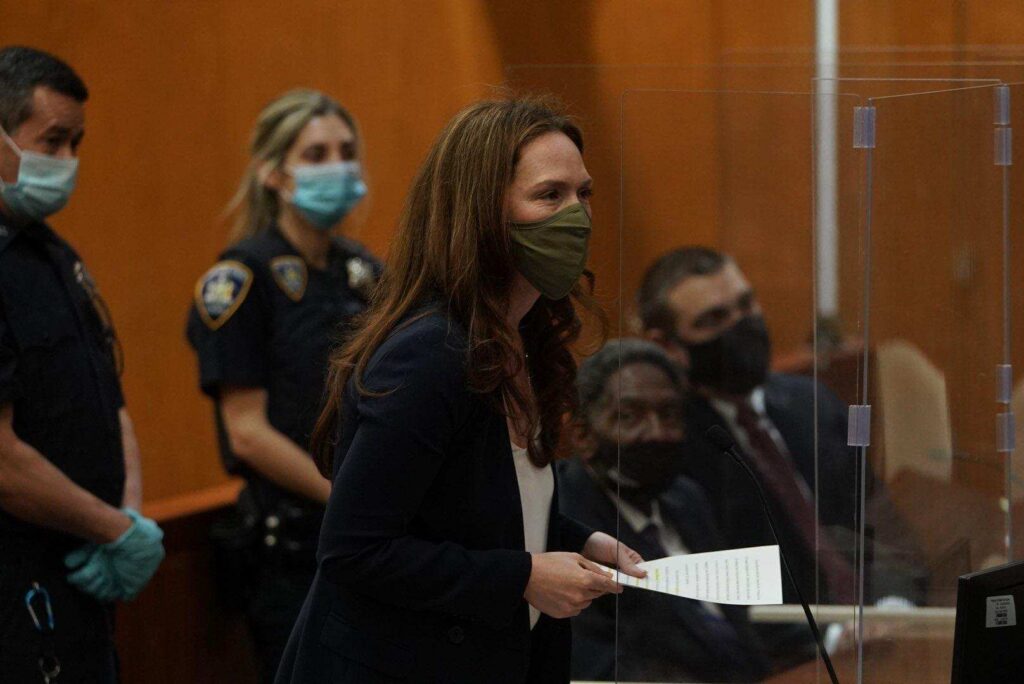
Innocence Project attorney Susan Friedman, who represented Jaythan Kendrick, addressing the court in Queens, New York on Nov. 19, 2020. Photo: Ben Hider for AP/ Innocence Project.
“Mr. Kendrick has endured an unimaginable injustice for over 25 years. He has spent decades trying to right this wrong, but the system failed him at every step,” said Susan Friedman, Mr. Kendrick’s Innocence Project attorney. “This is a textbook case of wrongful conviction exposing the worst flaws in our system – racial profiling, unduly suggestive identification procedures and a lack of police accountability at very least. Thankfully, the new evidence in this case, including DNA, has provided overwhelming proof of Mr. Kendrick’s innocence.”
“I never thought this day would materialize. Tomorrow I am going to wake up and go home,” said Mr. Kendrick. “I saw so many other people get to leave and I was still here. Finally the truth is out that I didn’t commit this crime.”
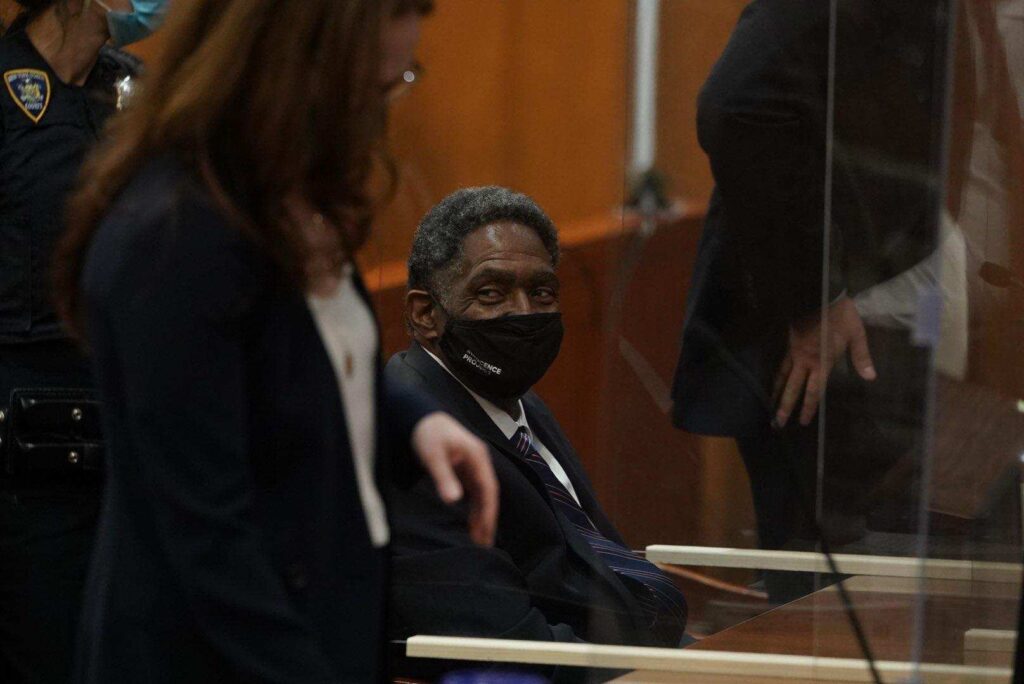
Jaythan Kendrick at his exoneration hearing, with Innocence Project attorney Susan Friedman, in Queens, New York on Nov. 19, 2020. Photo: Ben Hider for AP/ Innocence Project.
A Presumption of Guilt
On November 30, 1994, at 3:30 p.m., a woman was stabbed and her bag stolen as she was walking through the grounds of the Ravenswood Houses in Long Island City. Brandon Rogers, the 10-year-old witness who saw the attack from his third floor apartment window, told police the assailant was a Black man in his thirties, wearing a white jacket, white shoes and a camouflage hat.
“Finally the truth is out that I didn’t commit this crime.”
Hours later, detectives zeroed in on Mr. Kendrick, a disabled Army veteran and postal worker with no criminal record who resided in Ravenswood Houses. Mr. Kendrick – a Black man in his thirties wearing a white jacket – fit the generic description given by the child witness. Presuming guilt, police set out to build a case against him.
Mr. Kendrick agreed to go to the police station for questioning and allowed police to search his apartment that he shared with a roommate – expecting his cooperation would be viewed by police as indicative of innocence. During the search detectives recovered two pairs of high-top white sneakers, an army camouflage-style hat, and a purse that belonged to his estranged wife, who later testified at trial that it was indeed hers.

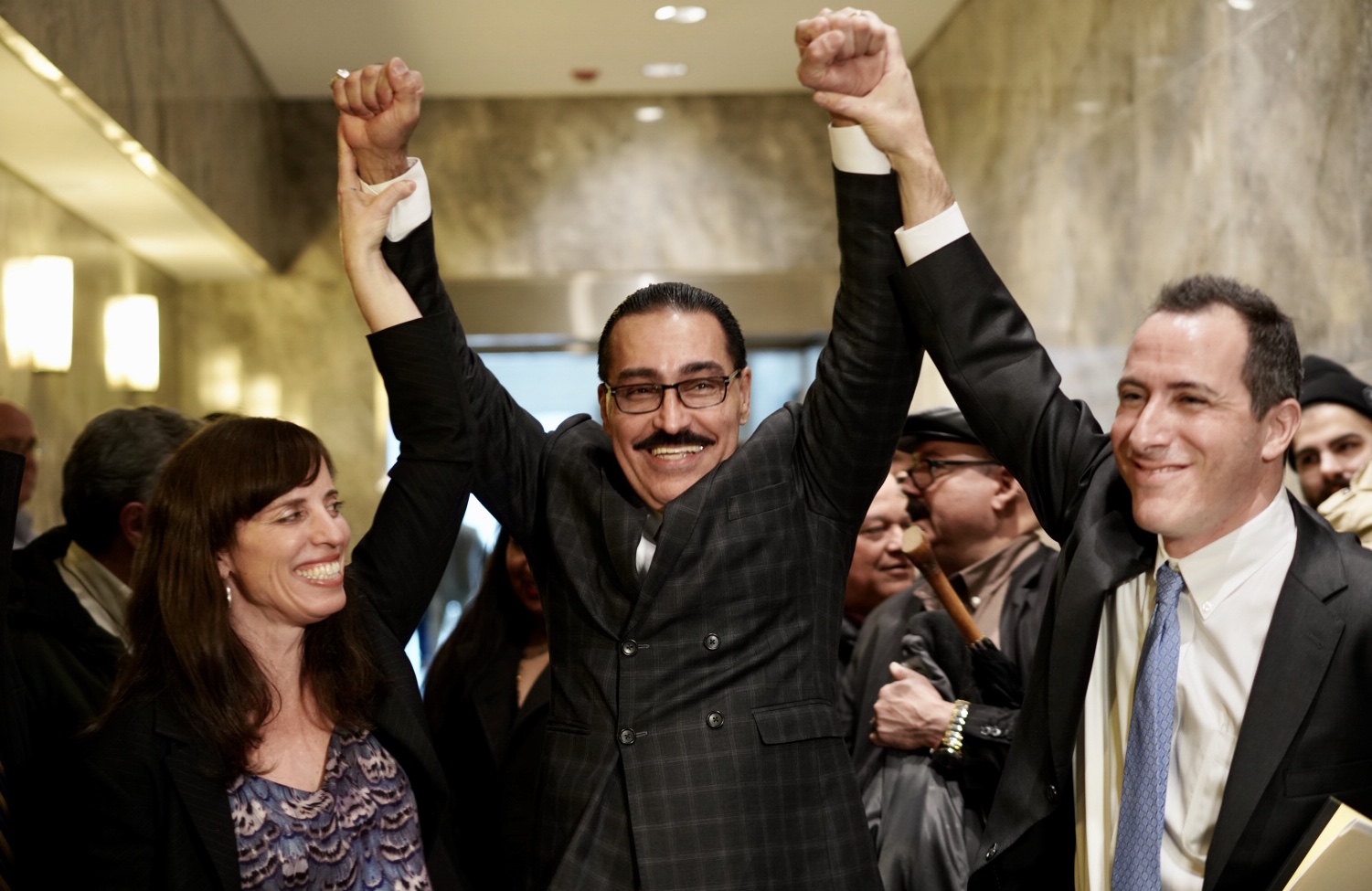
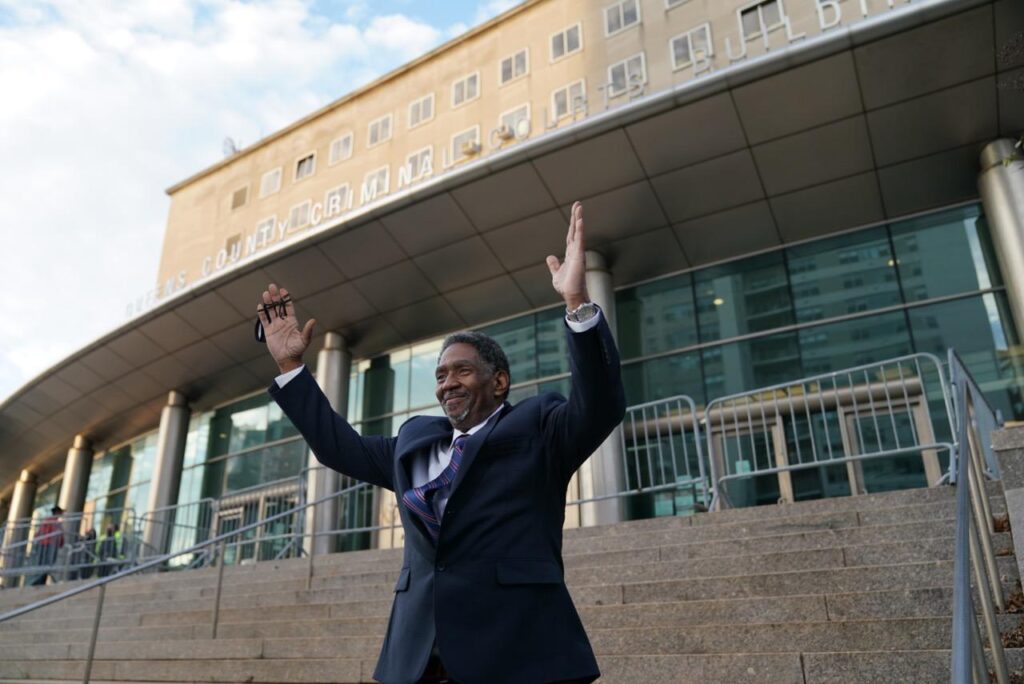
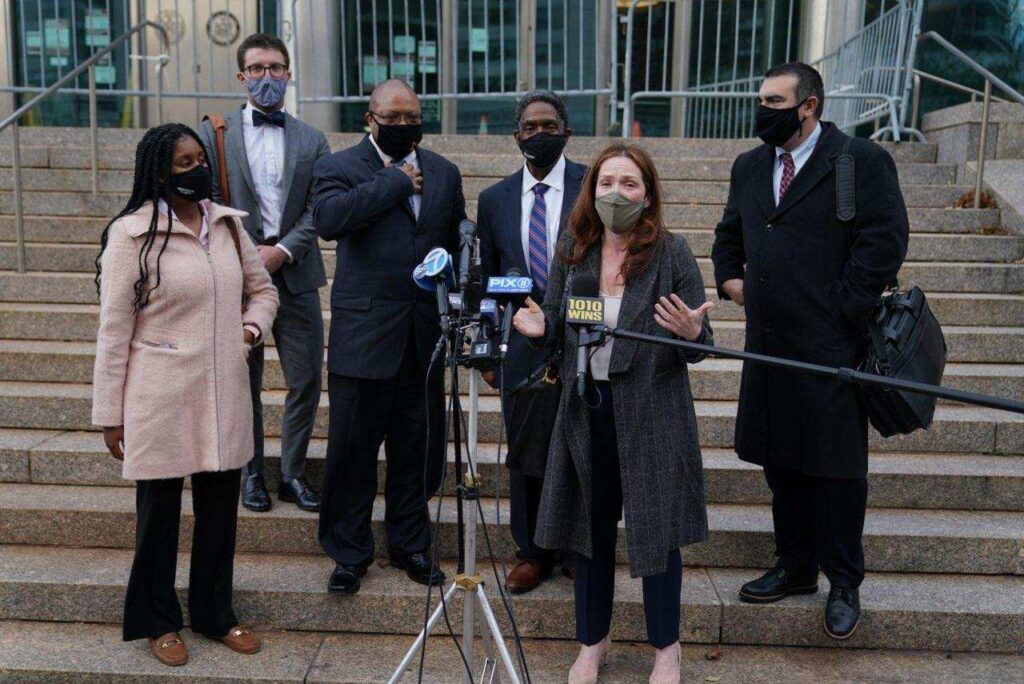
I just want to thank you for all that you do to help free individuals who have been falsely identified, falsely charged, and falsely convicted. I mentioned your organization for my discussion on crime for my Social Psychology class. I was able to support my assertion based on information from your website. I am so happy to have been able to share this information with others!